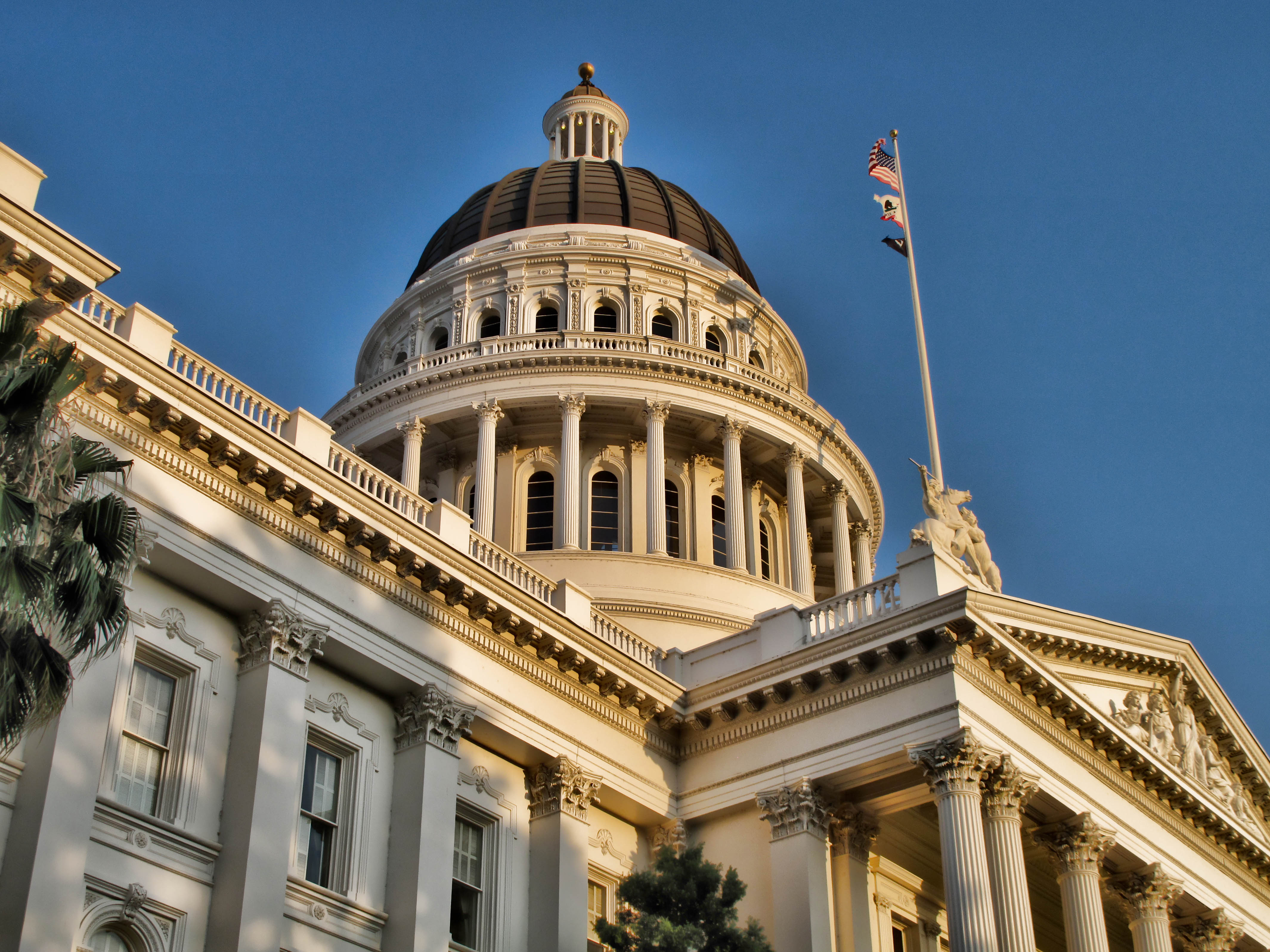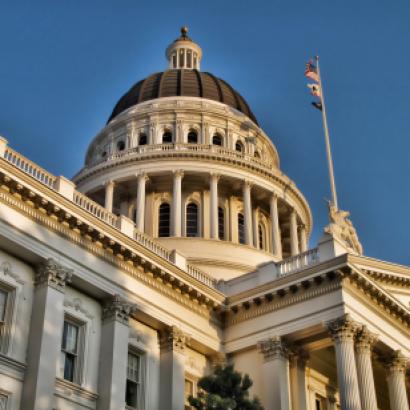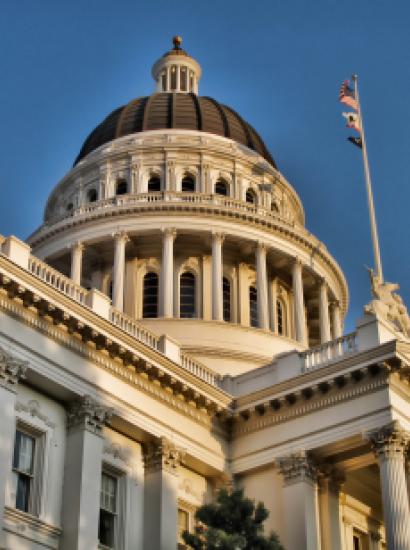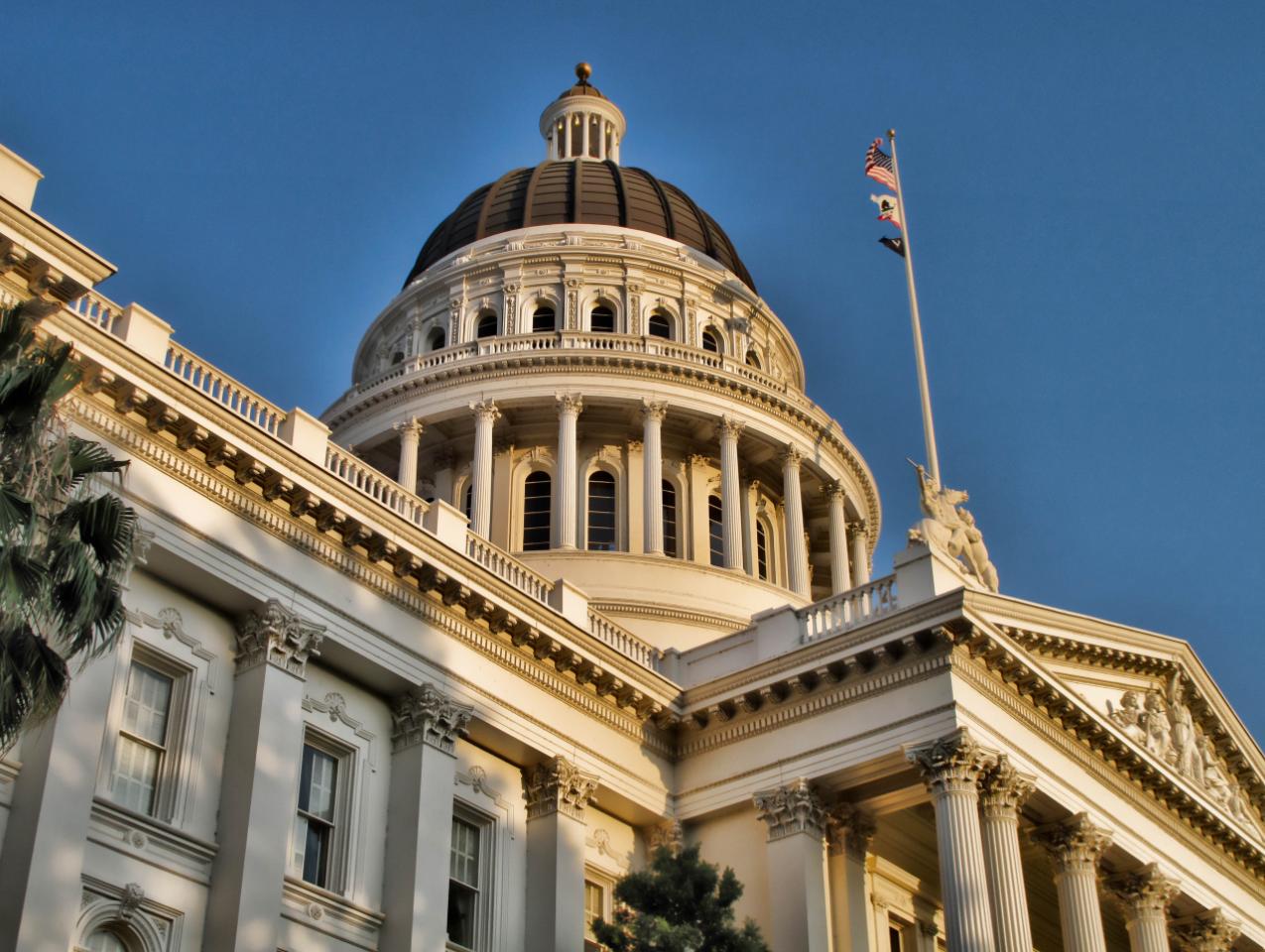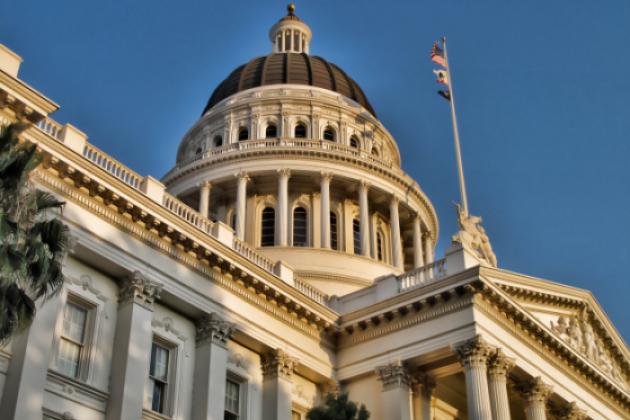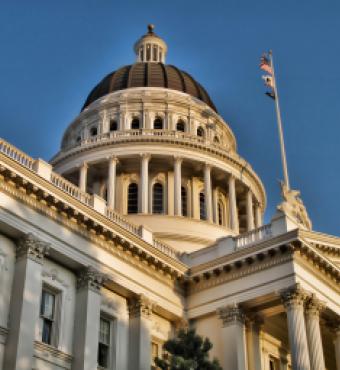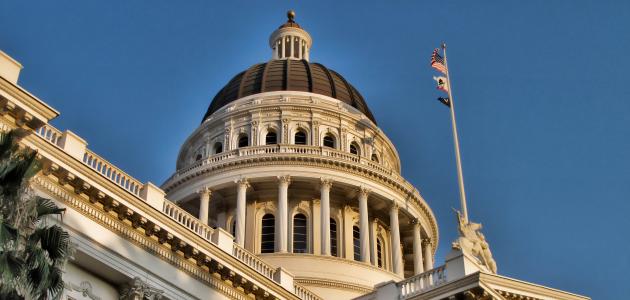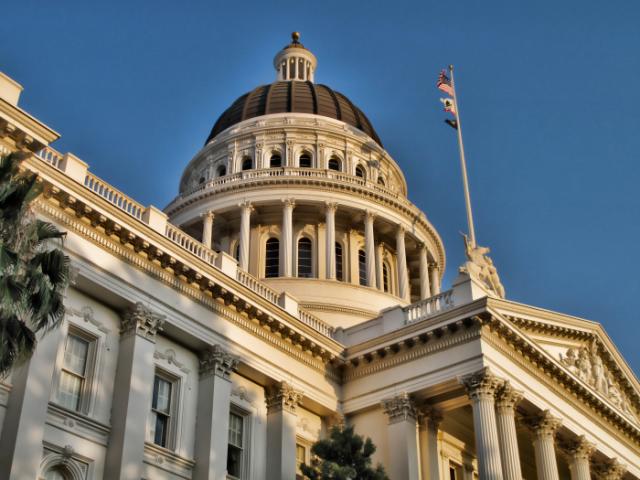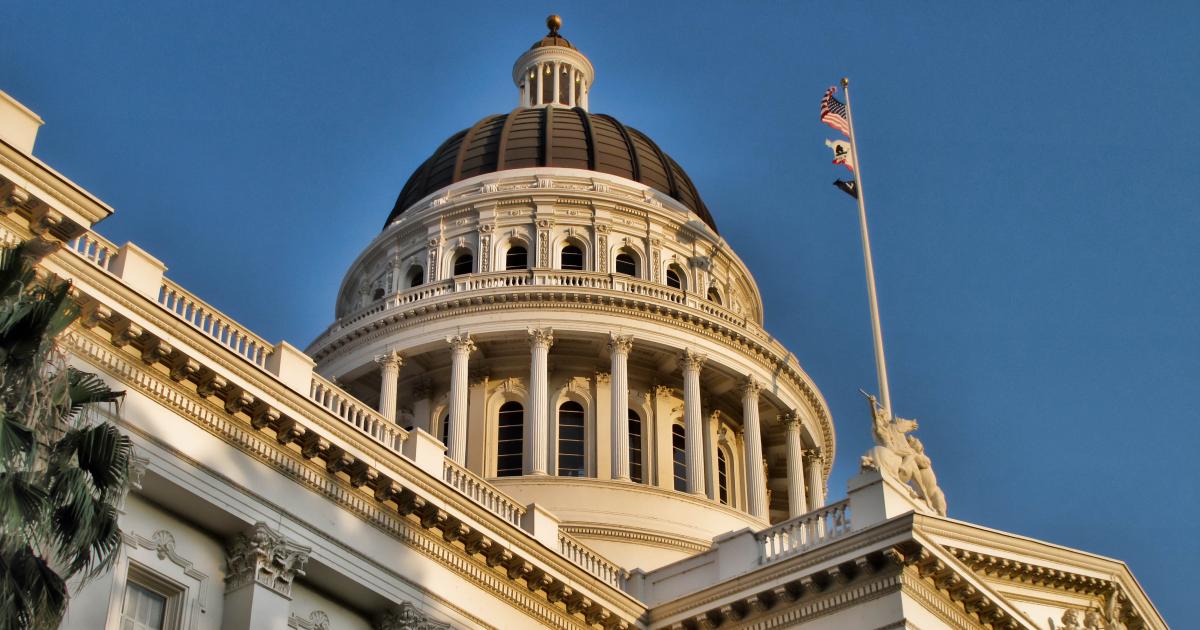- California
One of the ironies of modern politics: Ronald Reagan, a conservative icon whose voice gave rise to the pro-life movement a generation ago, is also the answer to the trivia question of which California governor signed the bill legalizing abortion in the Golden State.
Reagan’s action took place 55 years ago this summer, when he added his signature to 1967’s Therapeutic Abortion Act—this would be six years before the landmark Roe v. Wade decision—making California just the third state at the time to legalize the procedure (the new law allowed abortions before the 20th week of pregnancy in cases of rape and incest, or to protect the mother’s physical or mental well-being; for the previous 95 years, California law had allowed abortions only when the mother’s life was in peril).
Reagan biographers would later chronicle that “the Gipper” regretted his decision, taken just a few months into his first of two terms as California’s 33rd governor. Nor would Reagan sound even remotely pro-abortion as America’s 40th president. “We are a nation of idealists, yet today there is a wound in our national conscience,” Reagan declared in his 1986 State of the Union address. “America will never be whole as long as the right to life granted by our Creator is denied to the unborn.”
Abortion is back in the California political spotlight—this time not because of what a governor will decide but instead what voters will do with regard to Proposition 1, one of seven initiatives that have qualified for the November election. That ballot measure, titled the “Right to Reproductive Freedom Amendment,” would update California’s constitution to both guarantee access to contraceptives and bar the state from interfering with a woman’s right to an abortion.
Nearly two months before Election Day, the drama isn’t so much whether Proposition 1 will pass—this late August Berkeley IGS Poll shows 71% support for the measure (California being one of a handful of states to have abortion on the ballot this fall).
Rather, the drama pertains to two unknowns: the measure’s clarity, plus its impact on down-ticket races.
As for the first concern and initiative opaqueness, here’s what Proposition 1 states: “The state shall not deny or interfere with an individual’s reproductive freedom in their most intimate decisions, which includes their fundamental right to choose to have an abortion and their fundamental right to choose or refuse contraceptives.”
One way to interpret that: California would allow abortions at any point in a pregnancy, without any restrictions. And that would be a departure from the status quo: while abortion is legal under California state law, a woman can have the procedure only up to the point when the fetus becomes viable; abortions performed outside legal parameters can lead to criminal charges.
Should Proposition 1 pass, does that broad language open to door to late-term abortions in California? Either the courts or lawmakers may have to step in and offer clarity.
As for the ballot measure’s down-ticket effect, let’s look at some recent public opinion with regard to reproductive rights, beginning with the aforementioned Berkeley IGS Poll, which shows overwhelming support for Proposition 1 among Democrats (89%) and independents (74%), with only 35% of Republicans supporting the measure.
To its credit, the poll didn’t skew the question, asking respondents: “In the November election, California voters will be asked to vote on Proposition One, a statewide constitutional amendment having to do with abortion rights. It reads as follows: ‘The state shall not deny or interfere with an individual’s reproductive freedom in their most intimate decisions, which includes their fundamental right to choose to have an abortion and their fundamental right to choose or refuse contraceptives.’ If you were voting today, would you vote [yes] or [no] on Proposition One?”
However, the poll didn’t delve into abortion-related nuances—asking California voters where they stand on such thorny questions as, say, parental notification (previously rejected by the Golden State’s electorate) and fetal viability (though opinions differ, one benchmark is 23 weeks of gestation and at least 500 grams in weight).
One poll that did go down that avenue shows how complicated abortion is for voters to process. While this Rasmussen Report and Real Impact survey shows 66% support for Proposition 1, it also yielded the following data points:
- 73% of California voters believe abortion should be legal only under certain circumstances after a fetus reaches viability; just 20% favor legal abortion without limits after fetal viability.
- 63% of California voters said a fetus has a right to life at six months; 21% think the right to life begins at three months; 27% opted for the moment of conception.
- Black voters (72%), more so than Hispanics (70%), Whites (63%), and other minorities (57%), support Proposition 1.
Does this suggest that a pro-life candidate who doesn’t support Proposition 1 can somehow avoid a backlash come Election Day? It’s an intriguing question given California’s voting proclivities (political consultants will tell you a pro-life stance is a fast track to defeat, at least at the upper reaches of the statewide ballot) and Republican candidates’ present difficulties in adjusting to a political landscape altered by the Supreme Court’s ending a half-century of federal abortion rights with its Dobbs decision (one prominent Republican who quickly came up with an abortion policy: Virginia governor Glenn Youngkin).
Case in point: California congressman David Valadao, currently in an uphill struggle to retain his Central Valley seat.
Valadao is not a conventional Republican—he’s one of only 10 GOP House members who voted to impeach Trump in the aftermath of last year’s riot at the US Capitol (Valadao’s rationale: “His inciting rhetoric was un-American, abhorrent, and absolutely an impeachable offense. It’s time to put country over politics.”).
One might assume the Democrats would do their best to drive a wedge between Valadao and local conservatives over his impeachment vote. Instead, it’s abortion that’s being used as a cudgel. That’s because Valadao’s one of seven California House Republicans who cosponsored 2021’s H.R. 101, the so-called Life at Conception Act, which specifies that “the right to life guaranteed by the Constitution is vested in each human being”—the term “human being” defined in the bill as “each and every member of the species homo sapiens at all stages of life, including the moment of fertilization, cloning, or other moment at which an individual member of the human species comes into being.”
Will that anti-abortion position be enough to remove Valadao from Congress? Time will tell. In the meantime, the race in California’s Central Valley seems a reflection of last week’s congressional special election in New York’s Hudson Valley, which pitted a Democrat running strong on abortion against a Republican campaigning on economics, with the former prevailing.
Whereas the New York congressional district was mildly pro-Biden in 2020, redistricting has Valadao in a redrawn district that Biden carried by 13 points but that also voted to recall California governor Gavin Newsom (by a narrow majority) last fall. While Democrats hope to nationalize the race on abortion, Valadao’s counter is to make the issues more local—namely, his opponent’s connection to the progressive machine in Sacramento and its strained relationship with the Central Valley (Rudy Salas, a veteran Assembly member, is seen as a more moderate “Blue Dog” Democrat).
Forget about Ronald Reagan. In the California of 2022 and its battleground congressional races, the more salient 1980s-era politician may be late Thomas P. “Tip” O’Neill and an abortion-based test of his famous adage: “All politics is local.”







